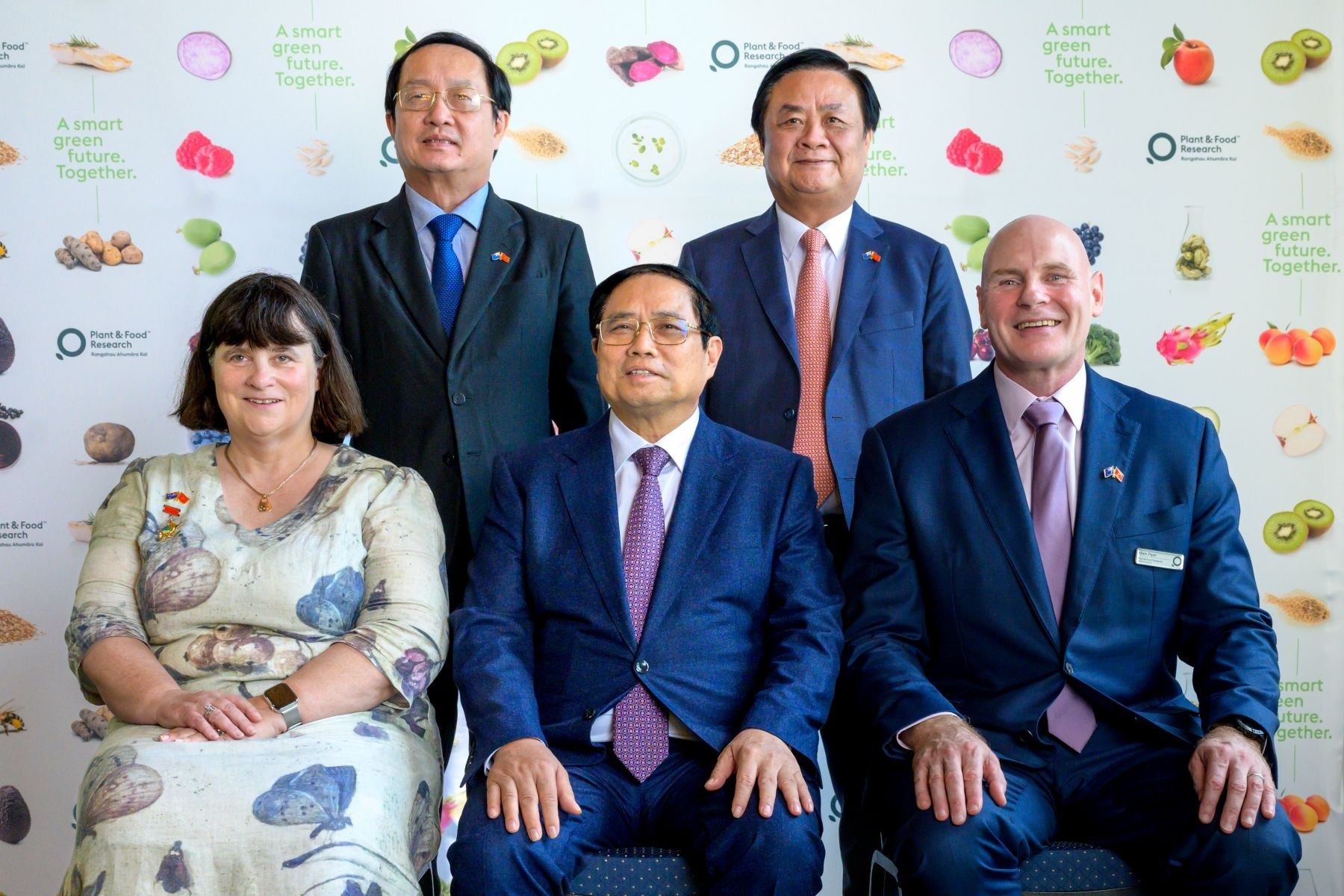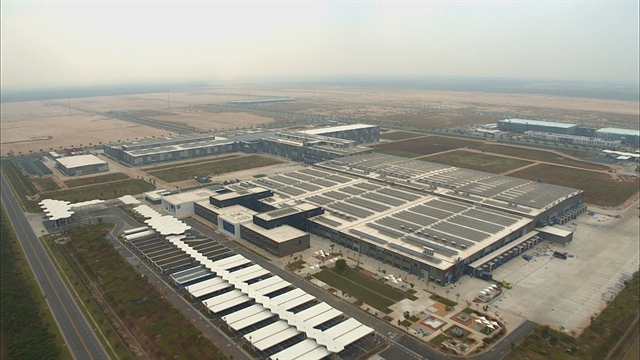New Zealand announces investment in Vietnam’s horticulture sector
A five-year New Zealand government-funded project to help Vietnam build a more lucrative passion-fruit export industry was formally launched by the prime ministers of Vietnam and New Zealand in Wellington on March 11.

New Zealand's Prime Minister Christopher Luxon announced the NZ$6.24 million ($3.85 million) investment in Vietnam’s horticulture sector, called the ‘Vietnam Climate-Smart Fruit Value Chain project’, known as VietFruit.
The project is a key element within New Zealand’s international development cooperation framework with Vietnam. It aims to support the Southeast Asian country’s agricultural sector, build its resilience to climate change and disasters, and help it develop a more highly skilled and educated workforce.
As a member, along with New Zealand, of the Comprehensive and Progressive Agreement for Trans-Pacific Partnership (CPTPP) free trade agreement, Vietnam is becoming increasingly important as a trade partner. For instance, in the year ending June 2023, Vietnam was the second leading export destination for New Zealand apples, after China.
The New Zealand Institute for Plant and Food Research will deliver the VietFruit project, drawing on its decade-long track record of problem-solving and achieving impact through the application of scientific knowledge with Vietnamese partners.
“We have deep partnerships with organisations in Vietnam and have created real value,” said Suzie Newman, head of International Development at Plant and Food Research. “We have worked with smallholder farmers, agronomists, scientists, food companies, exporters and officials at Vietnamese government ministries like Agriculture and Rural Development and Science and Technology."
The VietFruit project has research with two Vietnamese institutes: the Southern Horticulture Research Institute and the Northern Mountainous Agriculture and Forestry Science Institute. Vietnamese firm Nafoods Group is also a commercial partner.
This project aims to deliver three key outcomes, including increasing the productivity and resilience of the passion fruit production system; improving post-harvest and processing technologies and conducting sector-wide training that benefits smallholder farmers and businesses.
Project scoping followed by early implementation began last year. To date, the project’s scientists have assessed disease and climate change impact challenges, begun field trials and conducted initial post-harvest loss assessments along the value chain.
The benefits of success will include increased incomes for smallholder farmers, distributors and exporters, improved fruit quality and more efficient growing and post-harvest practices. Overall, the project will achieve a real lift in environmental and economic sustainability for Vietnam’s passion fruit sector. It’s a high-value export and a valuable addition to the economy of Vietnam.
By Thanh Van
Source: VIR
Original link







